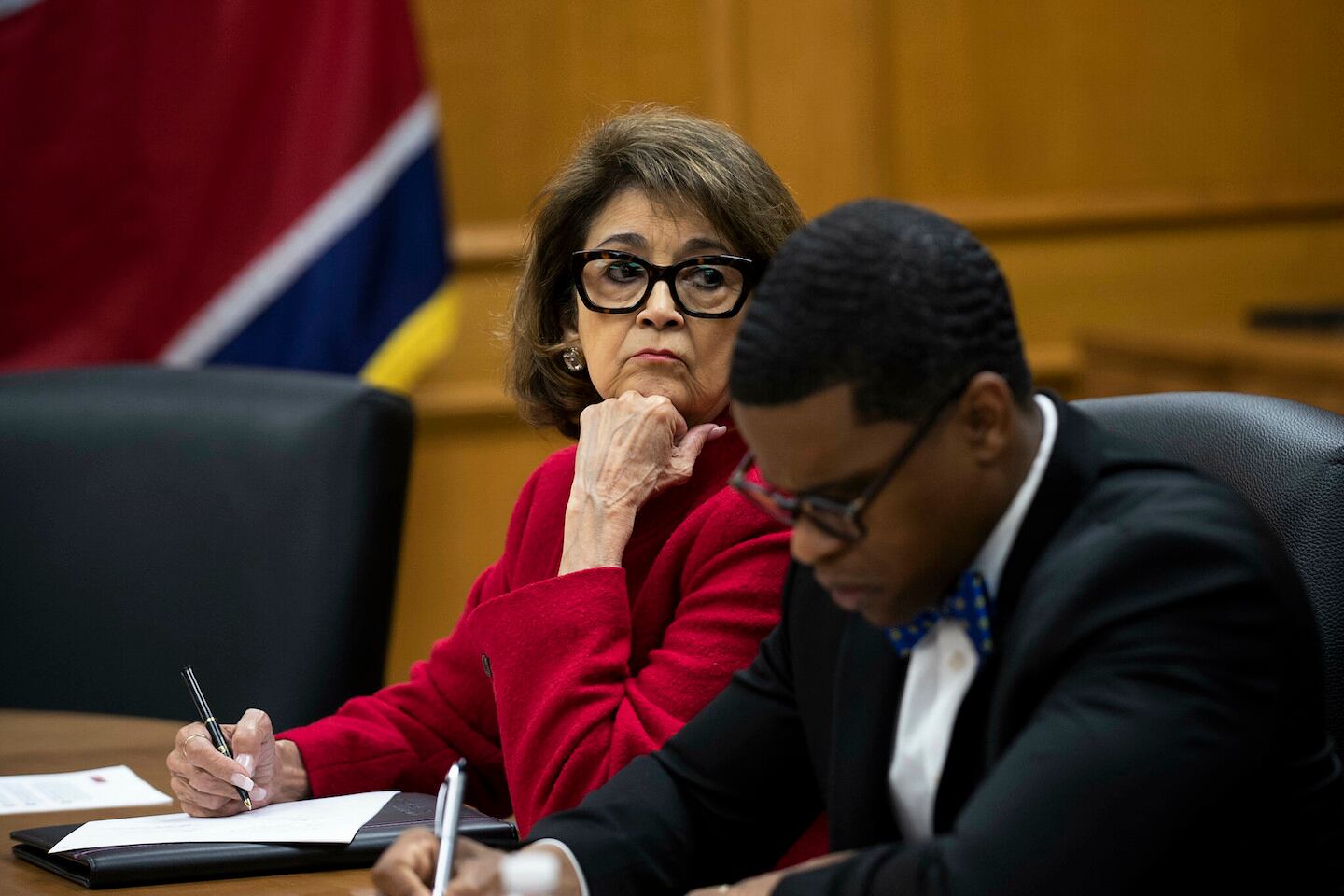A resurrected proposal to change the way Tennessee’s youngest students learn to read appears to have stalled for the year.
Without comment, Sen. Dolores Gresham on Wednesday tabled the proposal from discussion in the education committee she chairs before adjourning the panel for the year. A statement issued later by the Tennessee Department of Education suggested that the timing was off for creating a costly literacy initiative, given the current economic crisis.
The development came as the House and Senate resumed their legislative work after recessing in March, but the two legislative bodies remain at odds over their agenda amid the coronavirus pandemic. Senate leaders insist on limiting business to budgetary matters and other issues affected by COVID-19.
Gresham’s parliamentary move came without fanfare and appears to close the books, for now, on the Tennessee Literacy Success Act. It means the state won’t begin a systematic training this year of current and future teachers on reading instruction that is rooted in phonics.
The legislation is modeled after changes made in Mississippi, the only state to show gains in reading on the latest national tests known as the Nation’s Report Card.
Asked why she shelved the literacy bill, Gresham directed reporters to Senate Majority Leader Jack Johnson, who did not immediately comment.
Education Commissioner Penny Schwinn, who helped develop the framework for Gov. Bill Lee’s initial literacy proposal, did not comment either. But a statement from the education department said the state’s literacy rate — with only a third of third-graders reading on grade level — must be addressed “at the right time.”
“During this time of uncertainty and given associated costs for the proposal, the department looks forward to working with the Governor’s office and the Tennessee General Assembly to revisit legislation in the future,” the statement said.
Last week, the House Education Committee approved the revised literacy bill after several hours of often passionate discussion, including how to pay for the $36.5 million initiative as state revenues plunge. One idea: use millions of dollars in federal coronavirus relief funding coming to Tennessee, even as much of that money already is earmarked for other needs.
The latest plan costs roughly half as much as the governor’s comprehensive literacy initiative proposed in early February. But as the economy ground to a halt six weeks later, Lee tabled the idea and scrubbed most of his legislative agenda.
House sponsors wanted to salvage the initiative because they view reading improvement as essential to helping students who are falling even further behind while school buildings are shuttered during the public health emergency.
They proposed switching to phonics-based reading standards and training current and future teachers in kindergarten through fifth grade on that approach. The plan would have required participating districts to screen their youngest students for reading development. It also would have prohibited third-graders from being promoted beginning in the 2022-23 school year if they could not read and didn’t receive extra local instruction and support.
Tennessee has sought for years to improve its stubbornly low literacy rate and saw some encouraging gains in 2018 under the Read to be Ready program launched under former Gov. Bill Haslam’s administration. That year, the state enjoyed a 2.3 percentage-point increase to almost 37% of third-graders reading on or above grade level. Funding for that program, which paid for literacy coaching for teachers and summer reading camps for the state’s youngest students, has dried up under Lee’s administration.






